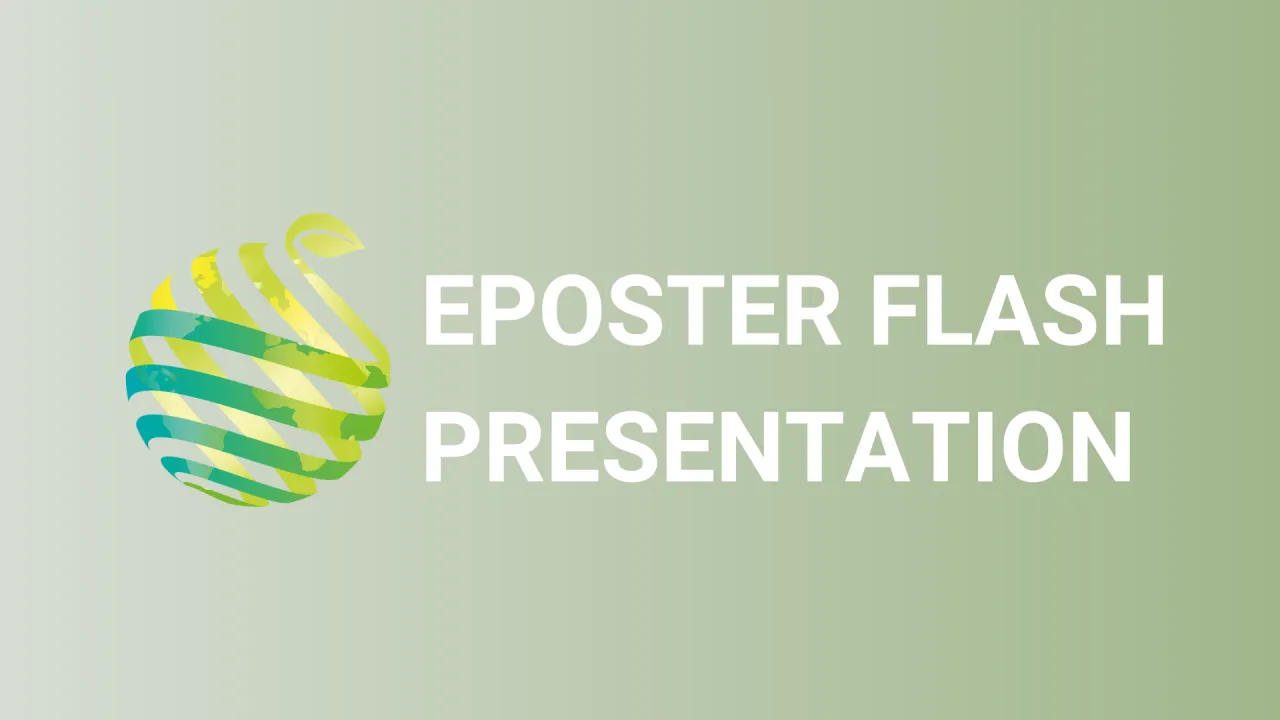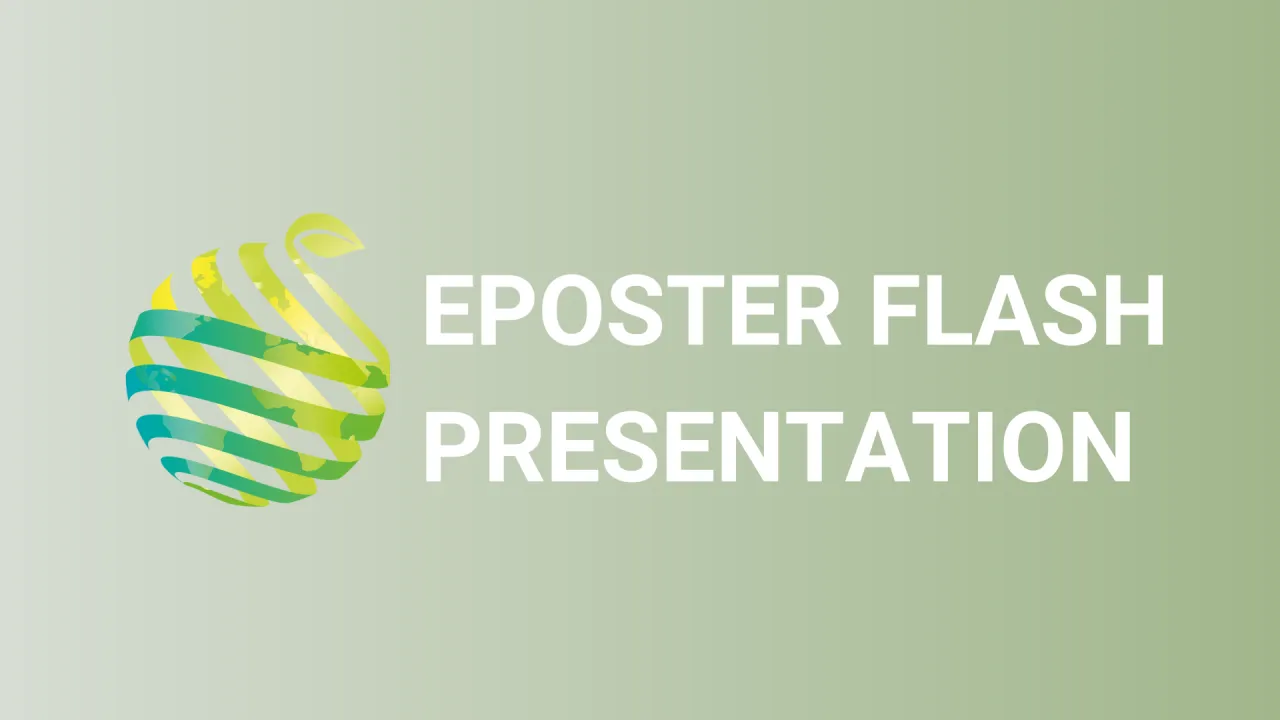

S07 - Session P1 - Urban greening to improve thermal comfort of inhabitants: a methodology to select high-stake locations and to evaluate benefits of planting scenarios
Information
Authors: Sophie Herpin *, Emma Douguet, Véronique Beaujouan
In urban environment, s oil artificialisation and building density result in an urban heat island effet , which can be detrimental to public health and well-being, especially during heat waves. Urban greening, thanks to tree shading and plant transpiration, appears to be a promising solution for improving the thermal comfort of residents, in addition to other co-benefits. Several cities are announcing massive tree planting initiatives, but because there is a strong competition for land use, it seems essential to know how to select the areas to be vegetated as a priority, and to quantify the expected gain in terms of thermal comfort. A methodology to identify high-stakes locations and to evaluate benefits of planting scenarios is presented and applied to the city of Angers, France. High stake locations are identifed as areas with population categories vulnerable to heat waves, and strongly exposed to the urban heat island effect, calculated from an empiral model based on land cover information. Maps for both criteria (vulnerabilty and heat exposure) are established at the city scale and cross-analysed to highlight sites where greening efforts should concentrate. A second step focuses on one of these sites, namely Chevrollier high school, located in a dense built-up neighborhood with strong heat island effects. Field measurements with a portable weather station associated to thermal perception questionnaires r eveals significant differences in microclimate and thermal comfort between mineral and treed areas of the high school courtyard. Finally, a microclimate model, SOLWEIG-UMEP, is used to evaluate the potential benefits of different greening scenarios on thermal comfort expressed with the Universal Thermal Climate Index (UTCI) . It is expected that this contribution can provide a scientific framework for stake-holders to organize urban greening at the city scale, and to evaluate the impact on thermal comfort at local scale.